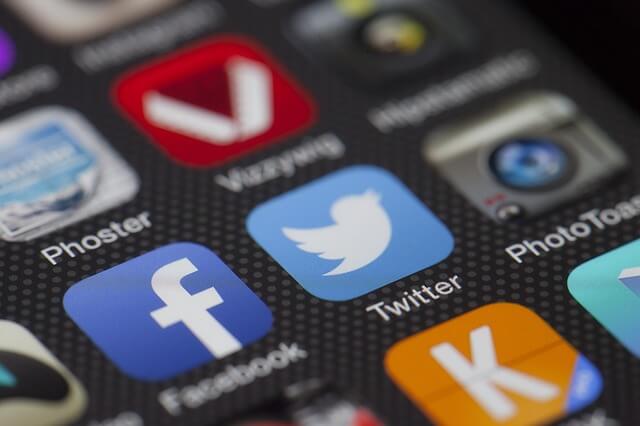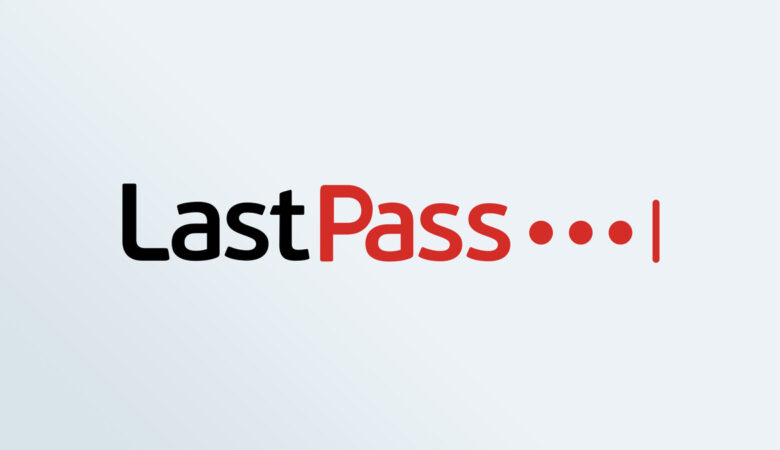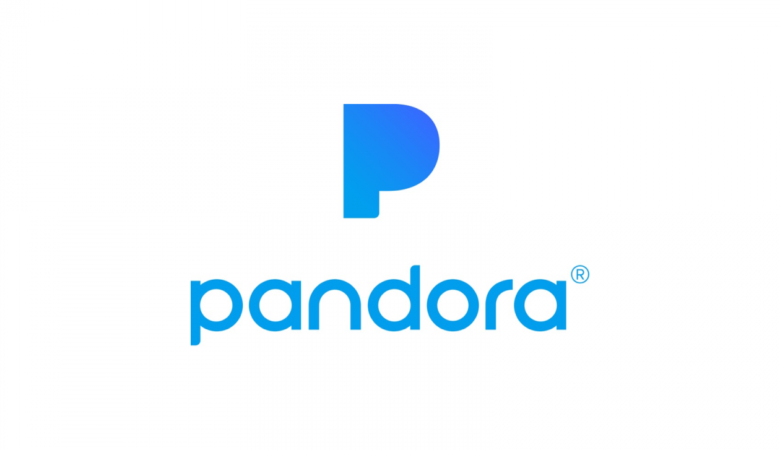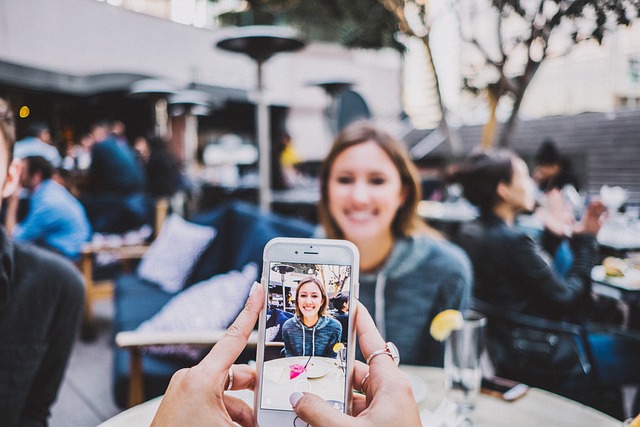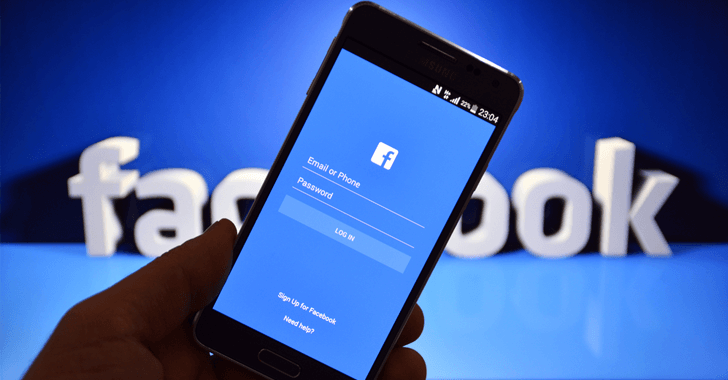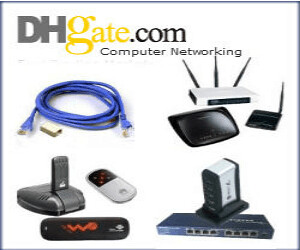Social media changed the way people communicate. It’s much easier and less time-consuming now to socialize, meet new people, get the latest news, and even find job opportunities.
So it’s no wonder that roughly 3.48 billion people use social media platforms regularly.
Unfortunately, that’s 3.48 billion people who expose themselves to serious risks if they don’t properly secure their accounts.
What Kinds of Threats Can Put Your Social Media Accounts at Risk?
With so many dangers on the web right now, I figured it would be best to only focus on the most common risks:
Malware Infections
Social media is where people go to make new friends, stay in touch with their loved ones, and spread malware on a massive scale.
Wait, what?
Yep, it seems that social media platforms are a hotbed for malware infections, and they involuntarily act as popular “distribution centers” for hackers.
Some malware attacks are pretty sloppy, with cybercriminals just messaging people a random malicious file. But other attacks get more creative, involving:
- Trojans are hidden in fake apps
- Malicious ads
- Crypto-mining scripts
- Rogue apps and plugins
- Fake quizzes
If you fall for those attacks, malware can quickly take over your account.
Keyloggers
Keyloggers are a type of malware, and they can infect your device through cyber attacks on social media.
So why do they have their own separate section when I could just have mentioned them above?
Because I’m not talking about keyloggers infecting your device in this case, but keyloggers infecting public computers which you might use to access your social media accounts.
I mean let’s face it – it’s tempting to log into your Facebook or Twitter account whenever you’re using a public computer at school, the library, work, airports, or hotels.
Plus, some keyloggers aren’t even software-based. Instead, they’re hardware devices that are placed between the keyboard and the computer.
Either way, if you end up using a public computer that is infected with a keylogger, a cybercriminal could easily come by after, and check the logs to see everything you typed.
So yeah, they can easily find your social media login credentials, and use them to hijack your accounts.
Phishing
Phishing is when someone pretends to be a person you know or a popular company to try and trick you into downloading a malicious file or accessing a shady link.
Those links usually lead to phishing websites that impersonate legit platforms (like PayPal). The idea is to trick you into typing in your login credentials so that hackers can steal them.
And phishers are starting to target social media more and more – especially Facebook and Instagram.
Public WiFi
If you’re anything like me (and pretty much anyone else), you probably love to use public WiFi to browse social media when you’re waiting for your coffee, bus to arrive or want to pass the time during a layover.
It’s convenient and much cheaper than using up all your mobile data. Plus, with mobile data, you don’t get signal everywhere.
But here’s the problem – public WiFi isn’t safe to use. Most networks don’t use any encryption (they don’t require you to enter a password). So if a hacker wants to, they can spy on your traffic, and steal your social media login credentials.
What’s worse, even networks that use encryption aren’t safe since the current security standard (WPA2) has serious vulnerabilities. And don’t get excited about WPA3 either, since it has its fair share of problems too.
If a cybercriminal successfully steals your social media passwords by exploiting network vulnerabilities, they can commit identity theft, use your account to spread malware, or learn personal, sensitive stuff about you which they might use to blackmail you.
The Best Services to Protect Your Social Media Accounts
Here are the services I use to make sure my accounts stay safe:
1. Password Managers
A password manager is software that acts as a digital vault for all your passwords, so you can use it to store all your social media login credentials in one place.
That way, it becomes way easier to use multiple, different passwords that are long and complex for each one of your accounts. No more getting a mini heart-attack every time you forget where the notebook with all the passwords is.
Best of all – a password manager has auto-fill features. Whenever you need to log in, it will automatically fill out the login fields without you having to type anything.
Thanks to that, it can help you safely log into your accounts – even if you’re using a public computer that is infected with keyloggers!
Of course, I highly recommend you don’t use a public computer in the first place. But if you really, really need to check an urgent message on Facebook, you can at least use a password manager to stay safe.
Choosing the right password manager can be tough, but here’s an in-depth and easy-to-understand overview of all the best password managers on the market right now.
2. VPNs
A VPN is an online service that can hide your IP address, and also encrypt your Internet traffic.
In this case, we’ll focus more on the encryption part. Simply put, it turns all your online communications from a readable format into an unreadable one.
That can really come in handy when you’re using public WiFi to access your social media accounts. Even if the network has vulnerabilities or doesn’t use any encryption, a hacker wouldn’t be able to intercept your data packets. If they try to spy on your traffic, they’ll just see gibberish.
Plus, if a social media platform is blocked at work or school, you can use the VPN to bypass the firewall restrictions.
There are tons of VPN services on the market, so to make things simple for you, I recommend checking out CyberGhost, ExpressVPN, and NordVPN.
3. Antivirus/Antimalware Programs
You definitely need security software on all the devices you use to access your social media accounts. It’s the only way you can protect them from potential malware infections you might expose yourself to by accident. And they’re a good way to secure your accounts too.
ESET, Norton, and Malwarebytes are great options to consider. Just make sure you keep them up-to-date all the time. Oh, and run regular scans each day – it’s better to be safe than sorry.
4. Security Extensions
A lot of malware attacks can originate in ads and scripts. So, you should install uMatrix and uBlock Origin on your browser. They’re secure open-source extensions that won’t let any scripts or ads show up on the web pages you visit without your consent.
Besides that, I also recommend using Stanford’s Anti-Phishing browser extensions. They’re a great way to keep all your data (not just your social media passwords) safe from phishers.
5. LogDog
LogDog is a free app you can use on your mobile device to keep a close eye on your social media accounts.
You just install the app, connect your accounts to it, and it will constantly scan them for any signs of suspicious activity – like unauthorized access, for example.
If any problems arise, LogDog will send you alerts and will show you what you can quickly do to take back control of your accounts.
Conclusion
Social media just isn’t as safe as we’d like it to be. Phishers and hackers are just waiting for you to make a mistake so that they can take over your accounts.
Luckily, you can lower the odds of that happening by using security software, VPNs, password managers, security extensions, and an app like LogDog.
In case you want to mention other relevant threats or know of other useful services people can use to protect their accounts, go ahead and share your thoughts with us in the comments section.

